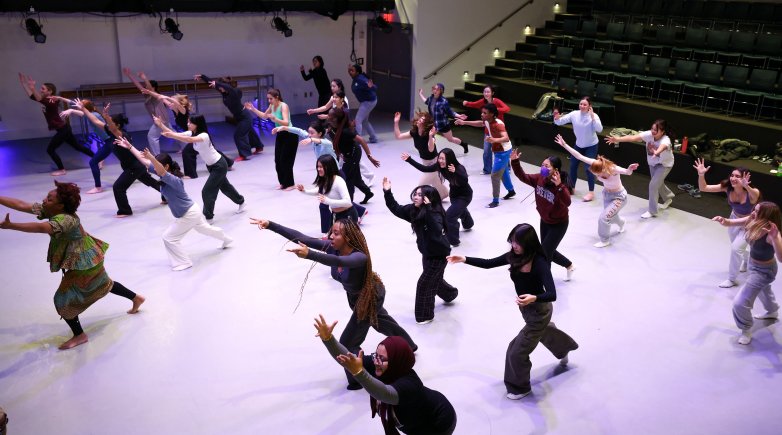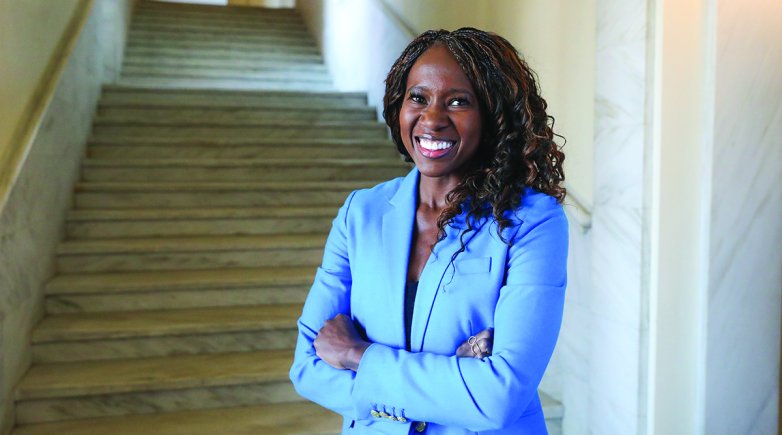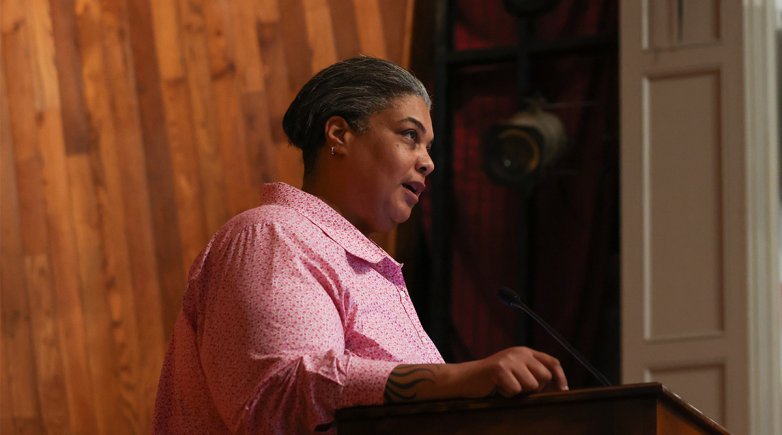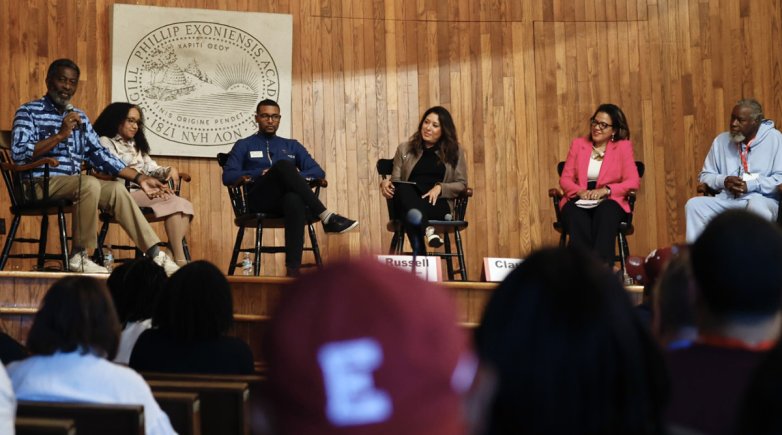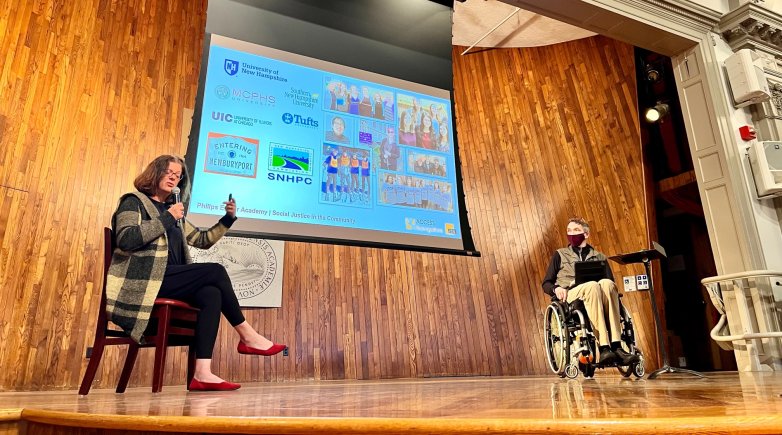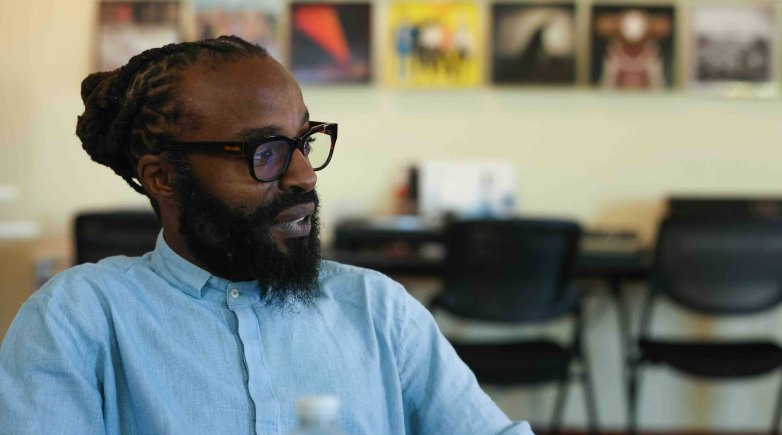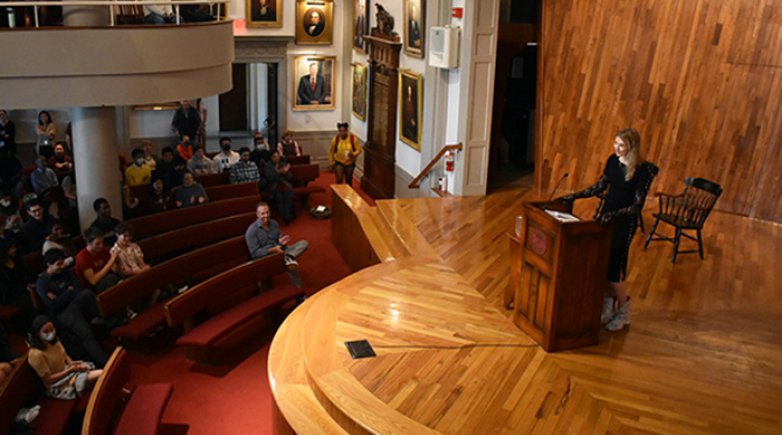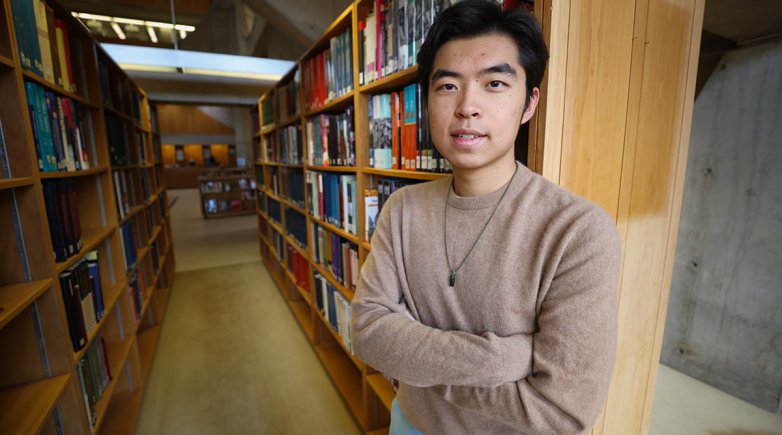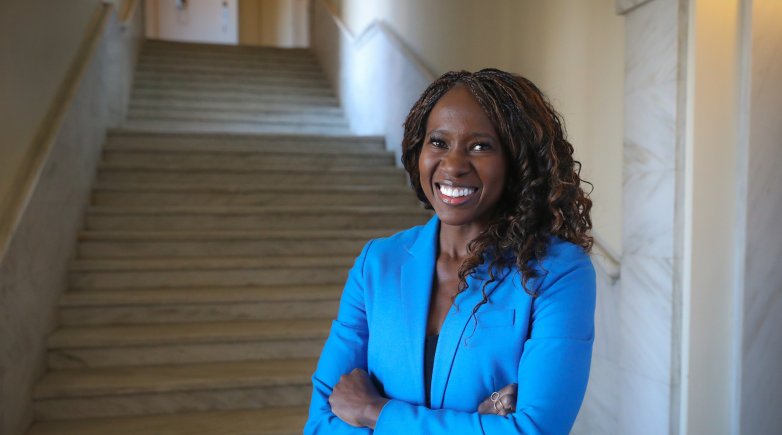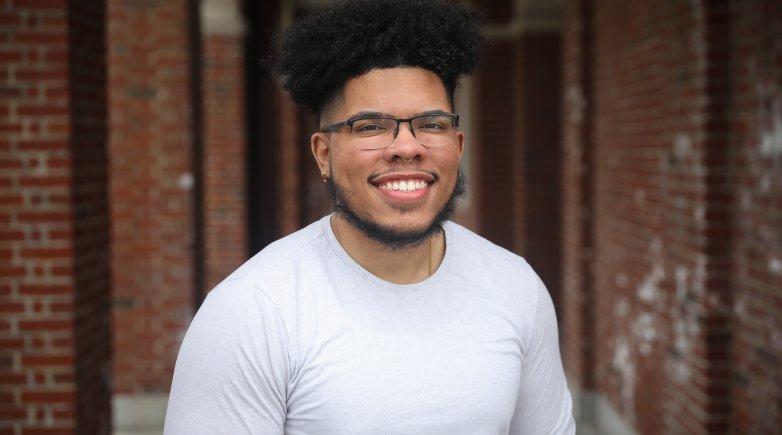Youth from Every Quarter
Educating youth from every quarter has been an Exeter hallmark since its founding in 1781. Over time, the term “youth from every quarter” has evolved to be an even more inclusive reflection of the greater world in which we live. We continue this tradition today by bringing together students and adults with deep intellectual curiosity and compassion for others who represent a range of backgrounds, experiences and traditions. The intentionality of our community calls upon each of us to explore, celebrate and learn from each other’s differences.

